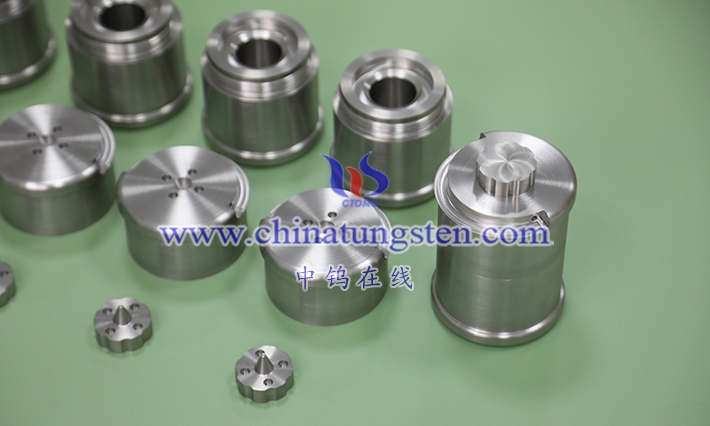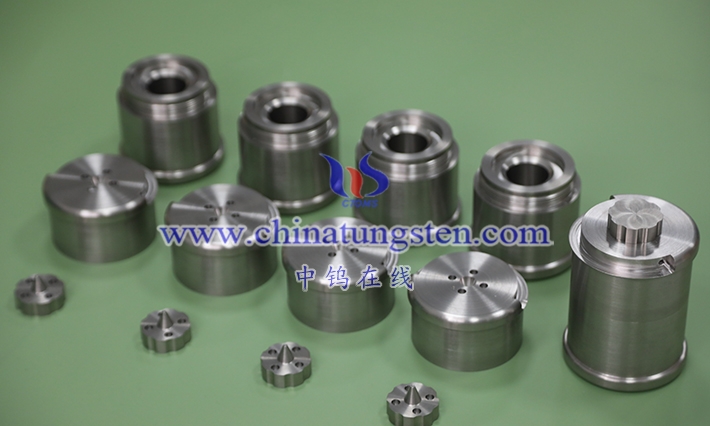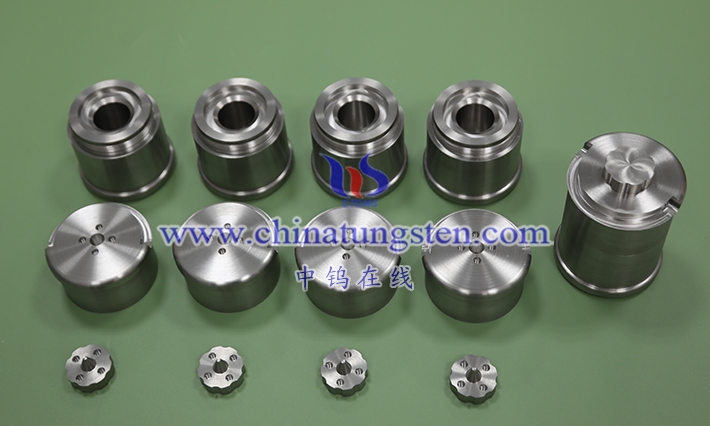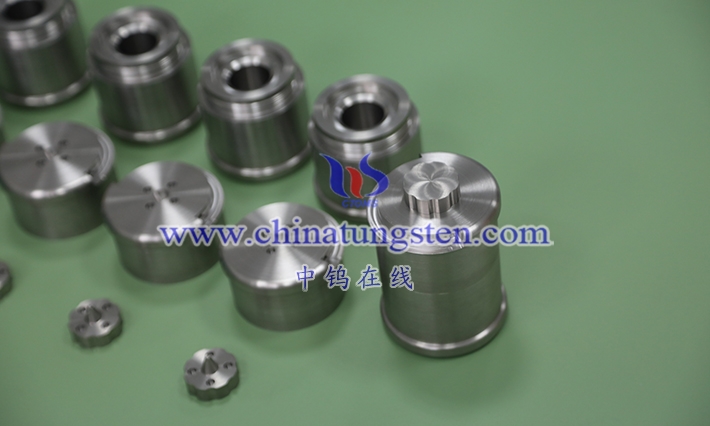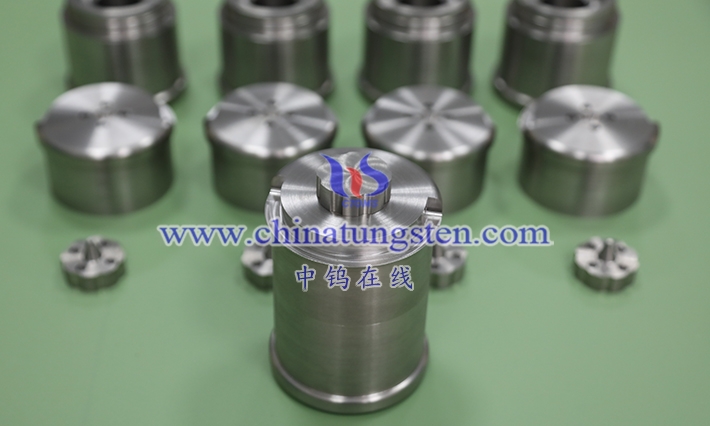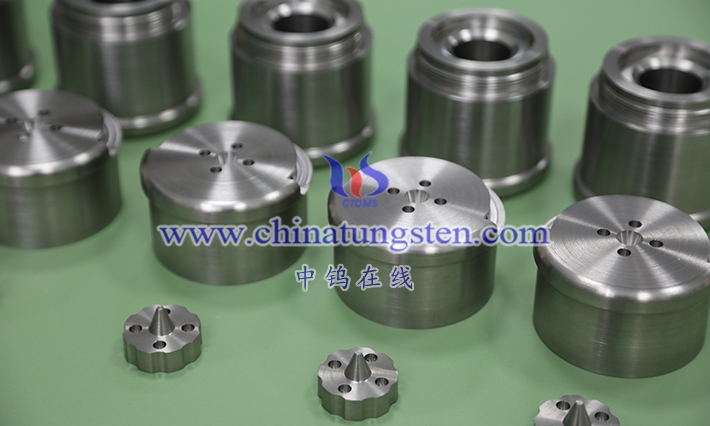The tensile strength and toughness of tungsten-nickel-iron alloy are important mechanical performance indicators, and their good combination makes it perform well in many application scenarios. In terms of tensile strength, the alloy can usually reach 700 – 1000MPa, which means that it can withstand large loads without breaking when subjected to tensile force. Its high tensile strength mainly benefits from two aspects: first, the high proportion of tungsten particles themselves have high strength, providing a solid skeleton support for the alloy; second, the binding phase formed by nickel and iron firmly connects the tungsten particles through good interface bonding, enabling external forces to be effectively transmitted and dispersed inside the alloy, avoiding fracture caused by local stress concentration.
In terms of toughness, tungsten-nickel-iron alloy shows a certain elongation, usually between 2% and 10%, which indicates that it can undergo certain plastic deformation before fracture, overcoming the defect that pure tungsten has high brittleness and almost no plasticity. The realization of this toughness also depends on the role of the nickel-iron binding phase. Nickel has good plasticity and can deform when subjected to external forces, absorbing part of the energy. The solid solution formed by iron and nickel further enhances the toughness of the binding phase, so that when the alloy is impacted or stretched, the binding phase can relieve stress through plastic deformation and prevent the rapid expansion of cracks.
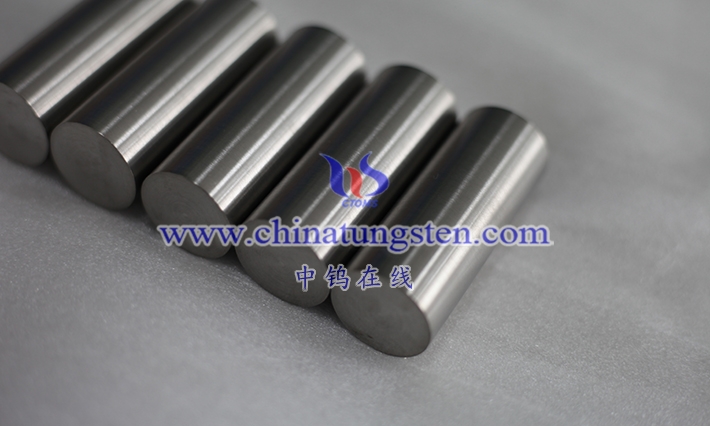
The balance between tensile strength and toughness is a major advantage of tungsten-nickel-iron alloy. In practical applications, such as structural components in the aerospace field, materials need to have sufficient tensile strength to withstand various loads during flight, and also need certain toughness to cope with possible impacts and vibrations; in mechanical manufacturing, parts used to transmit power also need to meet the requirements of high strength and impact resistance at the same time. The two properties can be regulated by adjusting the composition ratio and preparation process of the alloy. For example, appropriately increasing the nickel-iron content can increase the toughness of the alloy, but may slightly reduce the tensile strength, while optimizing the sintering process can improve toughness while ensuring strength, thus meeting the specific needs of different application scenarios.
The WeChat public account “China Tungsten Online” updates the prices of various tungstates such as tungstates such as tungstate powder, ammonium tungstate, tungsten products, high-density tungsten alloys, cemented carbides, tungsten concentrates, etc. on a daily basis. At the same time, it provides the most professional WeChat group in the industry for everyone to exchange supply and demand information, and you can exchange information about tungsten powder at any time. Follow “China Tungsten Online” and join the China Tungsten Online WeChat exchange group. Daily tungsten product prices and supply and demand information will be delivered in a timely manner, and real-time communication will be carried out. For more tungsten product market trends, products and information, please follow the “China Tungsten Online” WeChat public account, or visit news.chinatungsten.com to obtain daily updated information.
Contact information: sales@chinatungsten.com
Tel: +86 592 5129696 / 86 592 5129595
Scan the QR code to follow the “China Tungsten Online” WeChat public account and get real-time updated tungsten, molybdenum and rare earth product market prices and information for free every morning.

